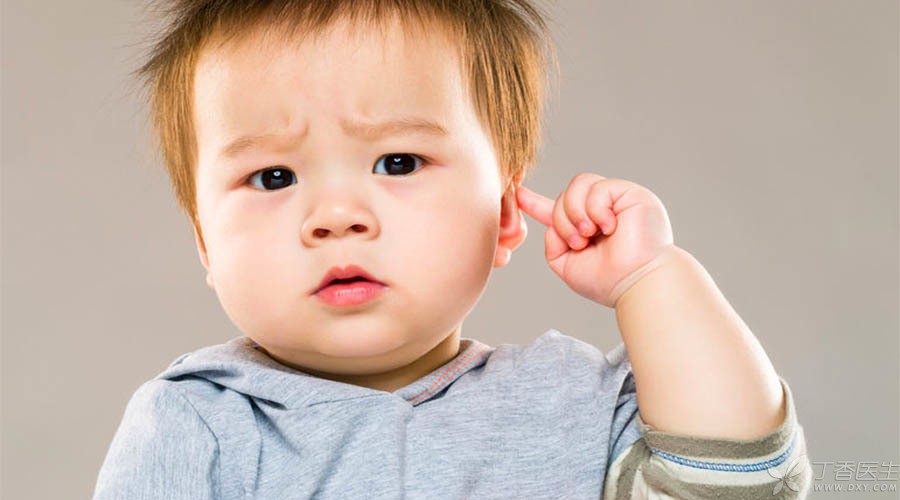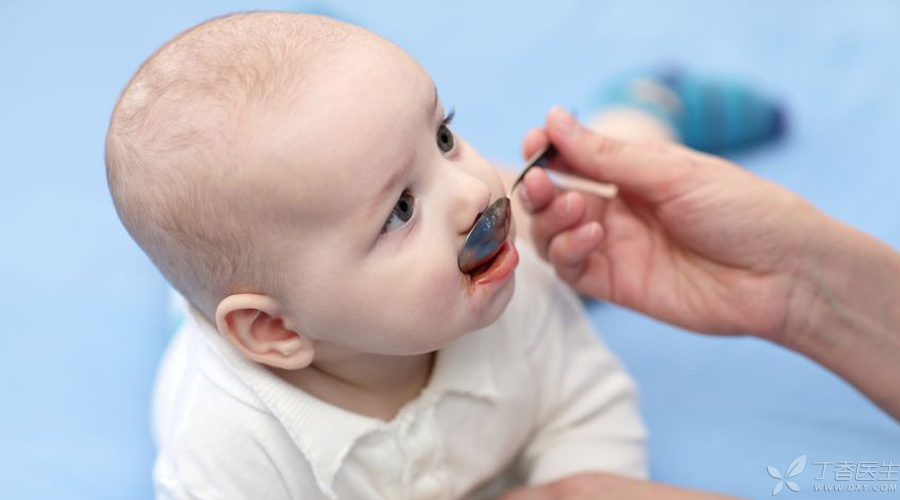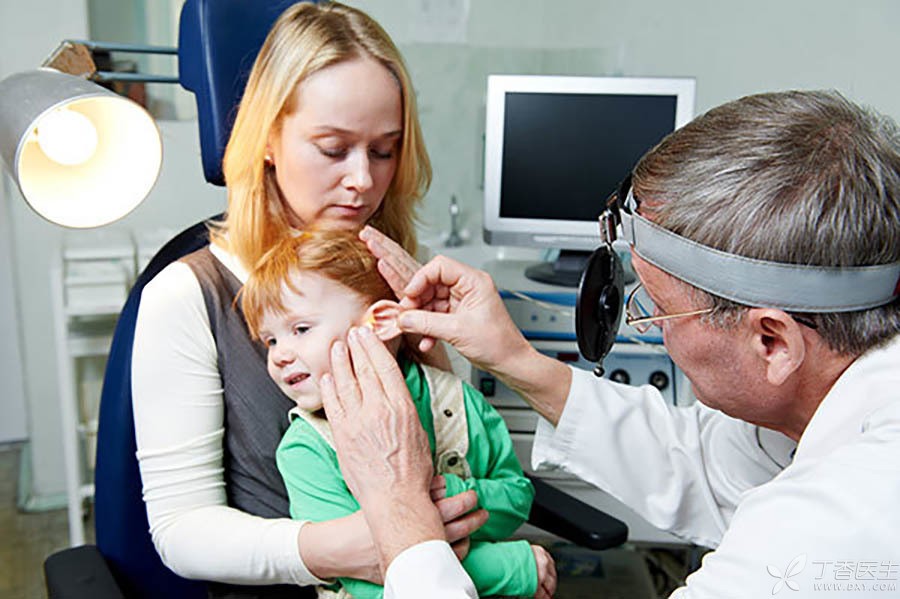
The baby’s hearing is sensitive and fragile. In daily life, there are many factors that will affect the baby’s hearing and are easily ignored by parents.
Many parents may know that they cannot pick out their ears casually. But in fact, there are still some actions that are easy to ignore in daily life, which may also hurt the baby’s hearing. Today, the doctor and mother will tell you about them.
Lying to nurse

The most comfortable nursing posture is lying down and feeding. Eva is comfortable and I am comfortable.
Unexpectedly, lying and nursing may hurt hearing.
If the baby is lying flat, the milk overflowing from the mouth will flow to the cheek along the spat and enter the ear canal.
After many small-month-old babies suffer from otitis media, doctors find out after careful inquiry that parents can often recall the scene of milk overflow after the baby lies flat and eats milk.
Correct Breastfeeding Method:
When lying down and feeding, we must pay attention to the situation of milk overflow. After lying down and feeding, we must stand up the baby in time and beat the hiccups to prevent milk overflow.
Blow one’s nose

Hold the baby’s nostrils and teach her to go out [hard], and the nasal mucus will come out, which is too uncomfortable.
The baby’s nose is like a transparent room with a front door (anterior nostril) and a back window (posterior nostril), while the middle ear cavity is like a dead end, one end is closed by tympanic membrane and the other end leads to the vicinity of posterior nostril through the channel of eustachian tube.
When blowing your nose hard, especially when blowing your nostrils on both sides together, you will form a short negative pressure. The pressure in the middle ear cavity cannot be balanced with the outside world, and negative pressure will also form, affecting hearing. Under the attraction of this negative pressure, pathogens and secretions from the nasopharynx near the posterior nostrils are easy to enter the middle ear cavity, causing otitis media and affecting hearing.
The correct way to blow your nose:
Older babies should blow their nostrils while swallowing and chewing according to adults’ instructions.
For babies who cannot cooperate, you can use a nasal aspirator. If you find that the nasal mucus is dry and lumpy, you can soften the nasal mucus with physiological seawater spray and so on before handling it. If you can’t handle it at home, find a doctor to help you clean it up in time.
Indiscriminate drug feeding

The child has had a fever for several days. Give the child some antibiotics, so it will be better and faster.
Incorrect use of antibiotics is not necessarily helpful to diseases, but some kinds of antibiotics also have the risk of endangering babies’ hearing.
Aminoglycoside antibiotics are the most common antibiotics that are prone to hearing damage. The streptomycin, kanamycin, gentamycin, tobramycin, amikacin, neomycin and other drugs in this kind of drugs have different degrees of damage to hearing, and some drugs even have the risk of affecting hearing just as drops for external use. In addition, erythromycin, vancomycin and so on.
The effect of antibiotics on hearing is not only related to the type, but also related to the method, dosage and sensitivity of the patient himself. This kind of hearing damage caused by drugs is difficult to recover.
Correct medication method:
Antibiotics must be used under the guidance of professional doctors and pharmacists.
Do you need to be alert to hearing abnormalities in what?

How to judge whether the baby’s hearing is good or not? Do you need to see a doctor in what’s case?
1. Judging from the baby’s phased hearing development standard
- Within 3 months, there will be reflective reactions to loud sounds. For example, when a sudden shout is made at the baby, the baby will suddenly shake his whole body, clench his fists with both hands, stretch his arms to both sides and close his chest. Such reactions are called [Moro reflex] and will gradually disappear with age. 3 ~ 4 months old, the baby will know the mother’s voice and have special attention and response to the mother’s voice. 4 ~ 7 months old, when the baby hears the sound, he will turn his head to look for the source of the sound. At the age of 8 ~ 9 months, the baby will gradually change from passive listening to adult pronunciation, which is also a reflection of good hearing. At the age of 1 ~ 2, most babies will begin to express their wishes in words.
If the baby does not show corresponding performance at the corresponding age, it is recommended to take the baby to otolaryngology department for examination in time.
2. Abnormal appearance of baby’s ears
For example, the ears are red and swollen, liquid flows out of the ear canal orifice or is dry and scabbed, and the ear canal has unpleasant smell, etc.
3. Crying for unknown reasons, fear of touching ears
If the baby has inexplicable crying and is unwilling to let adults touch the ear, or if the baby cries more when touching the ear, it is also necessary to be on guard against the problem of the ear and it is recommended to go to the hospital.
